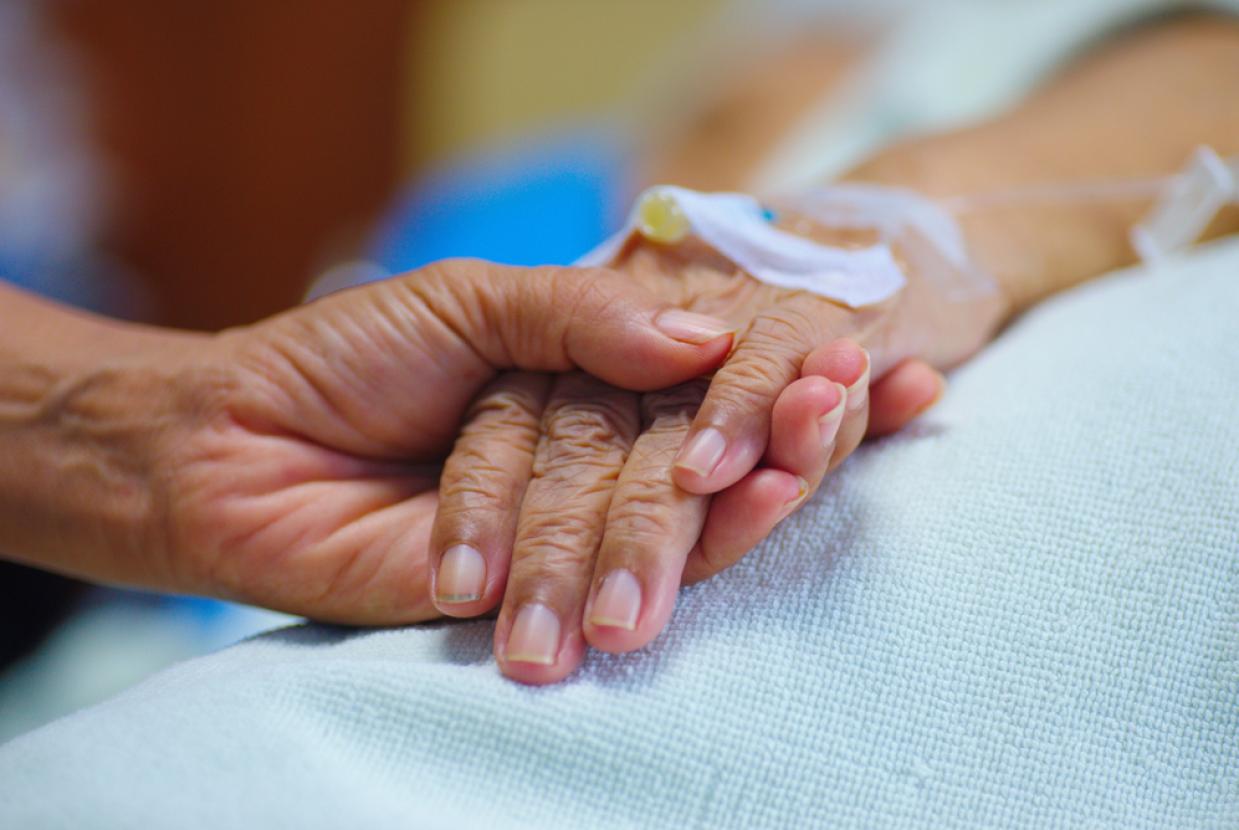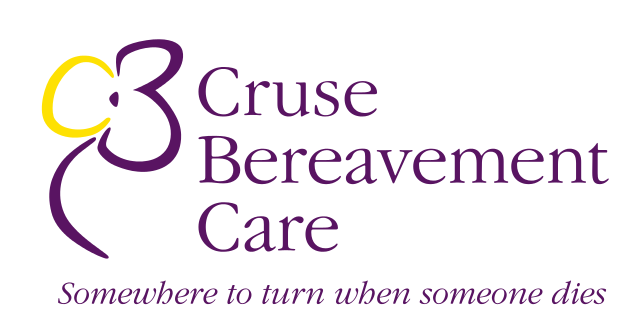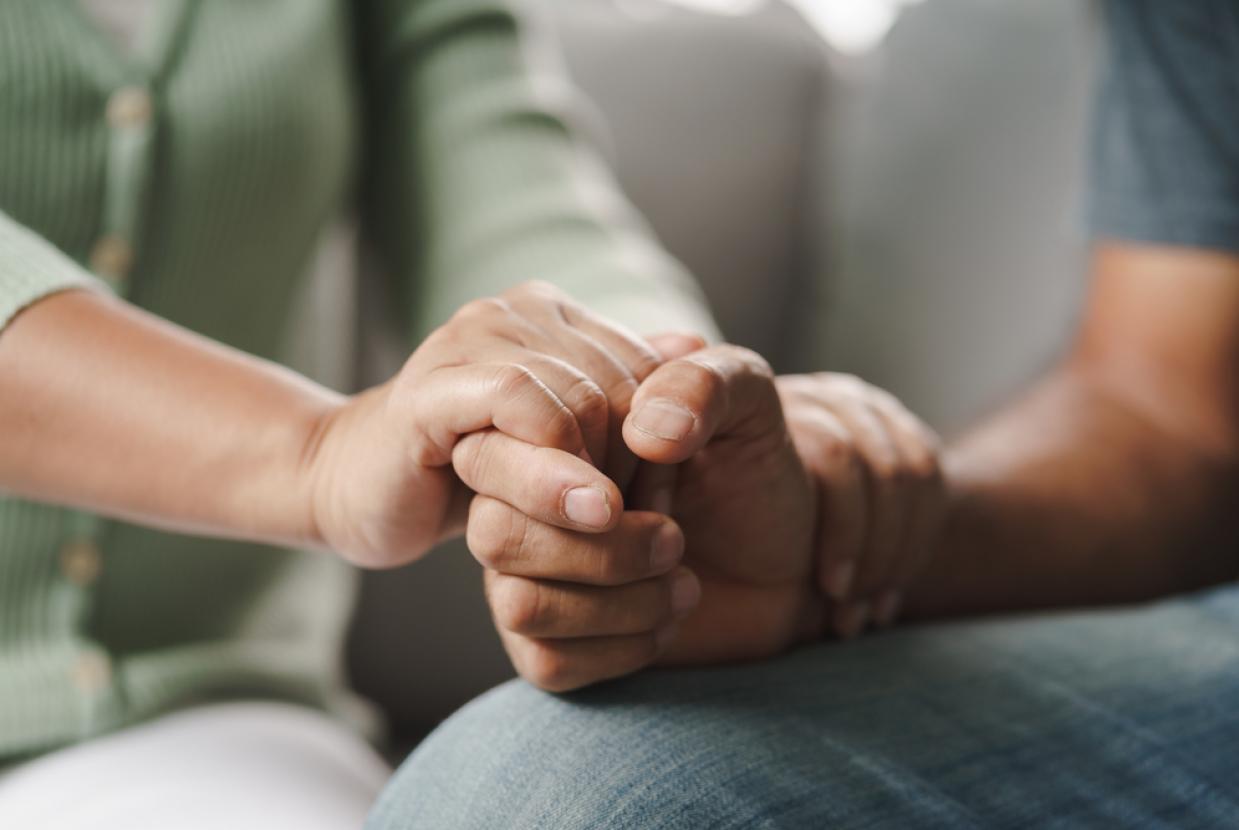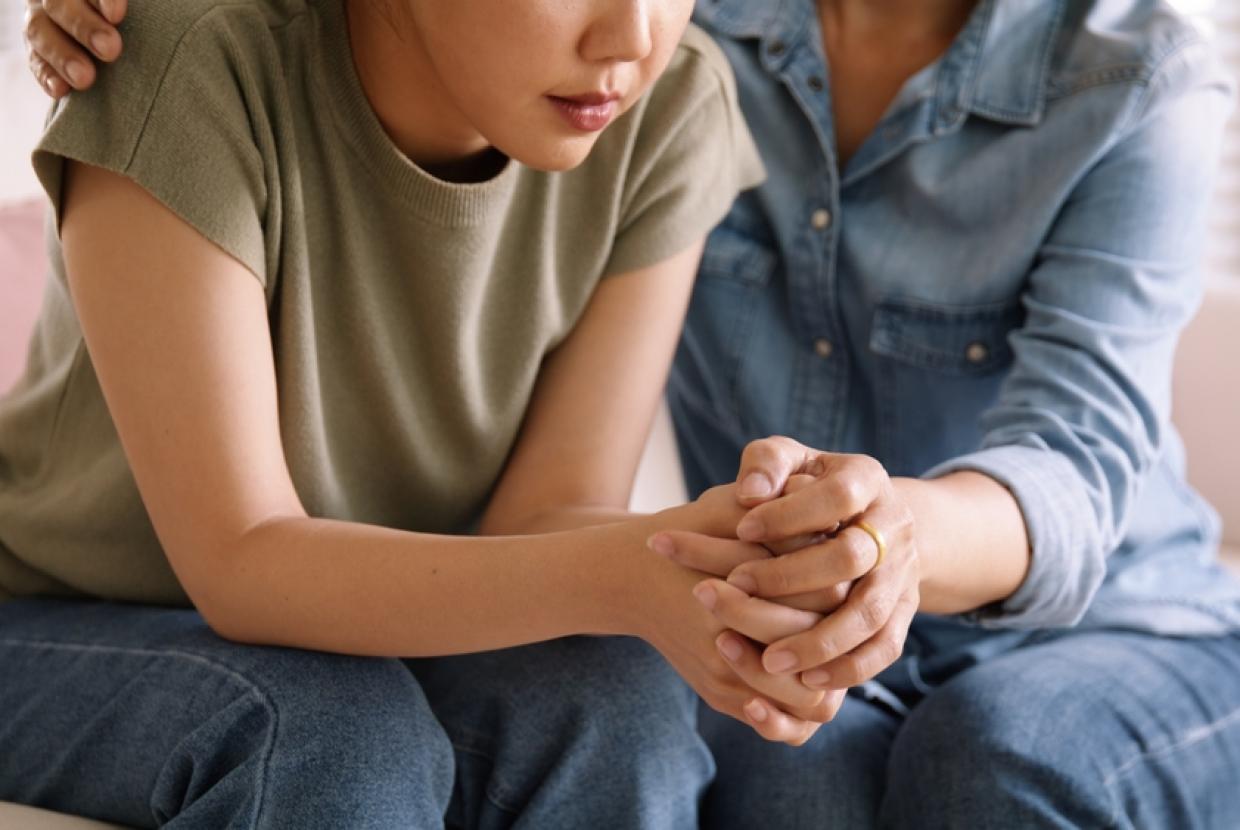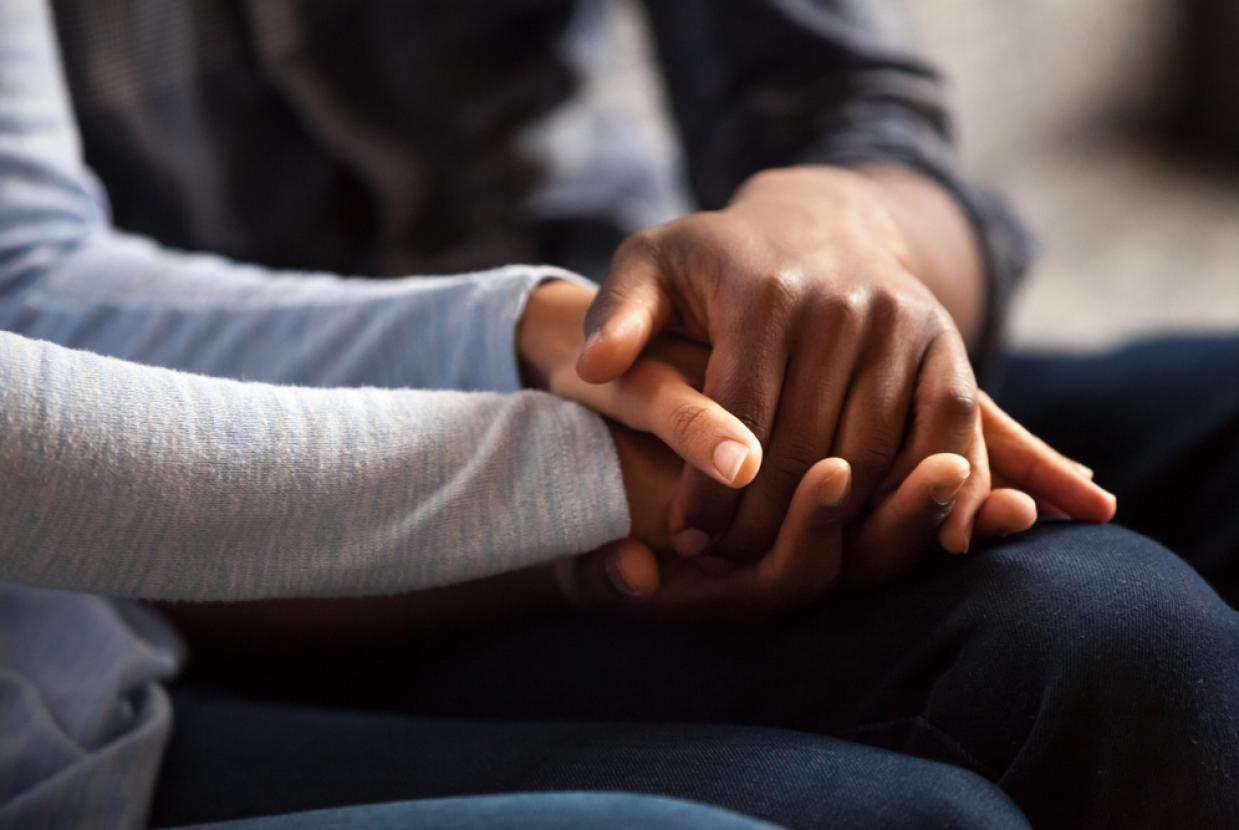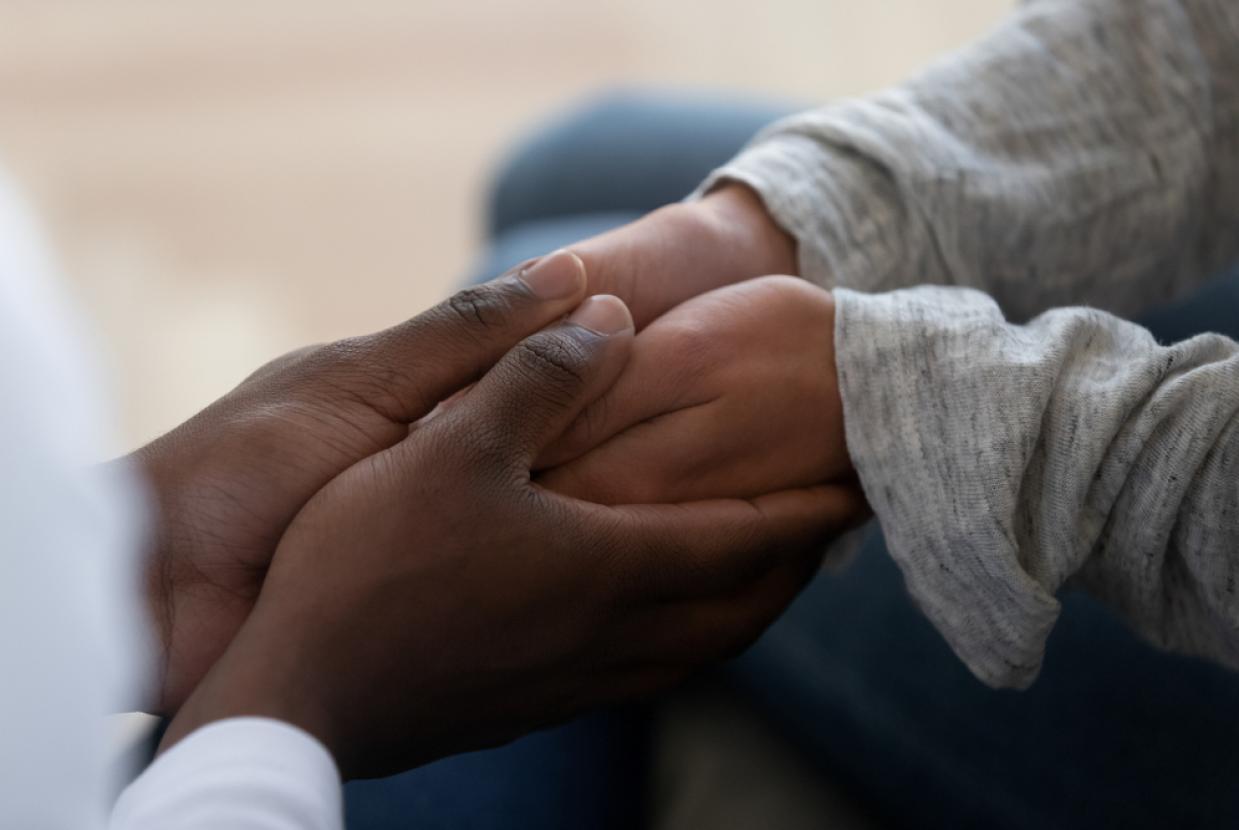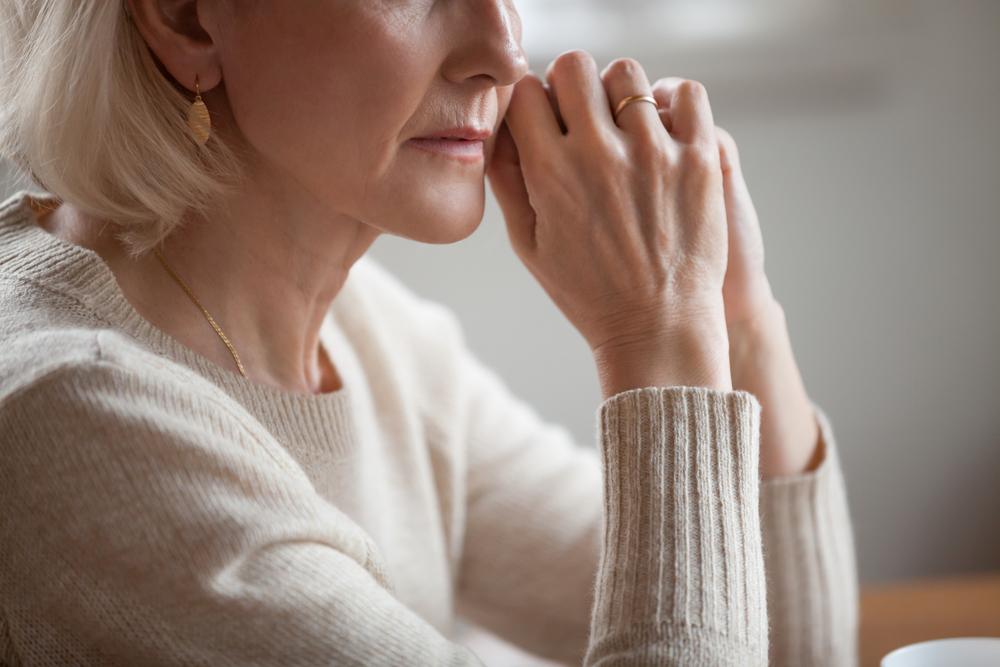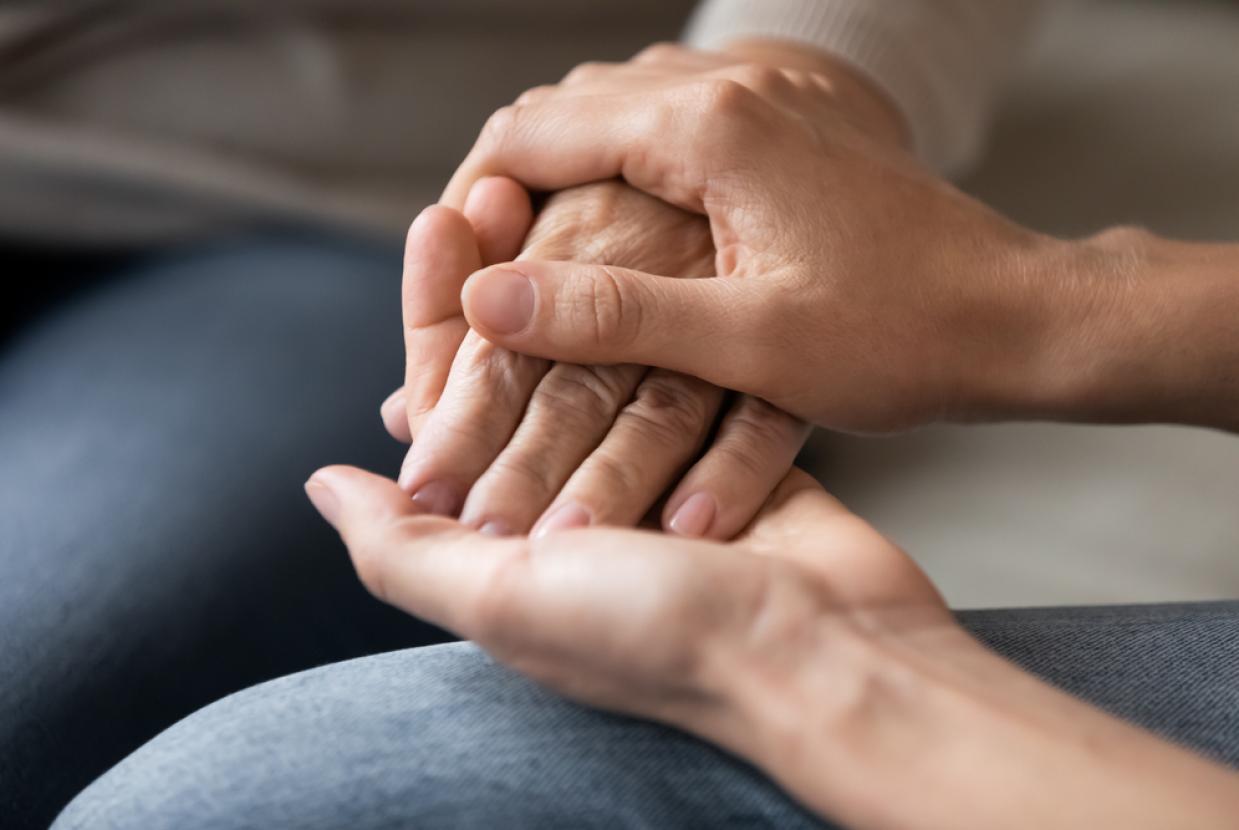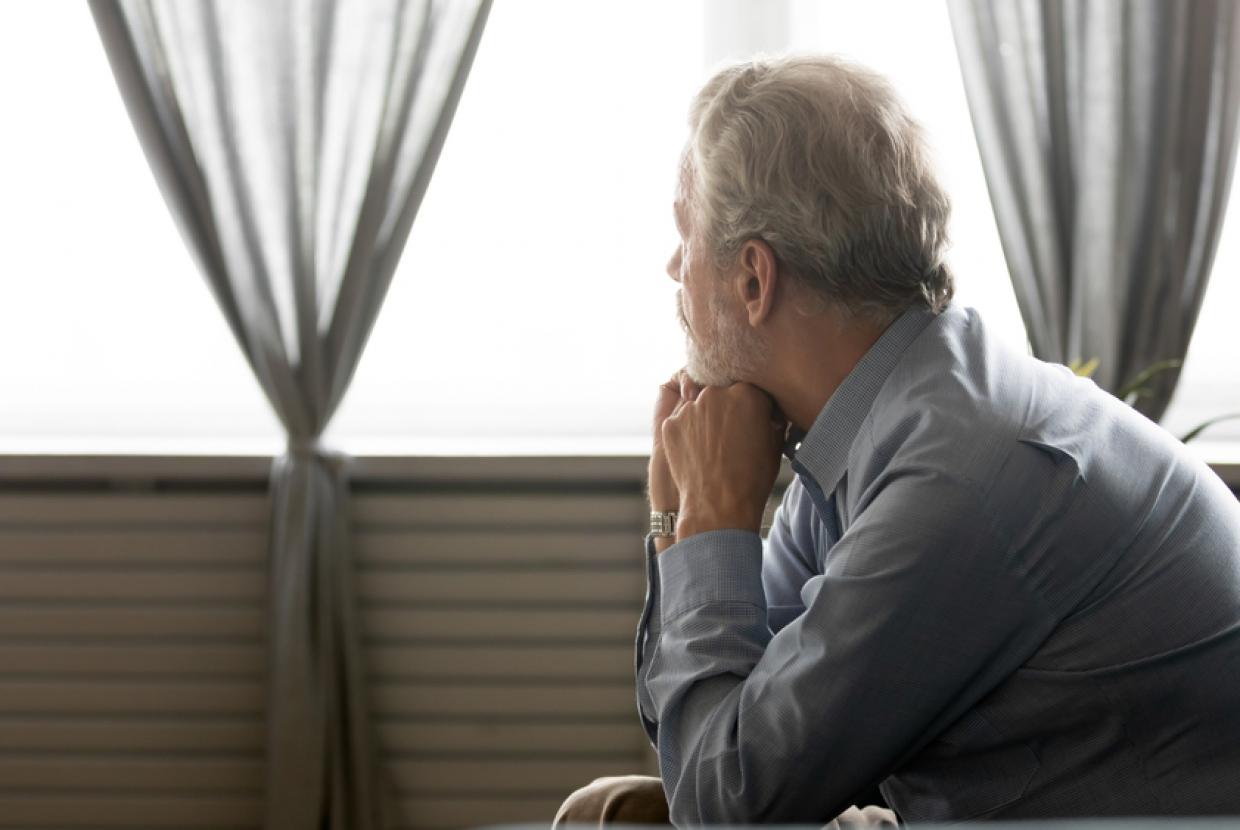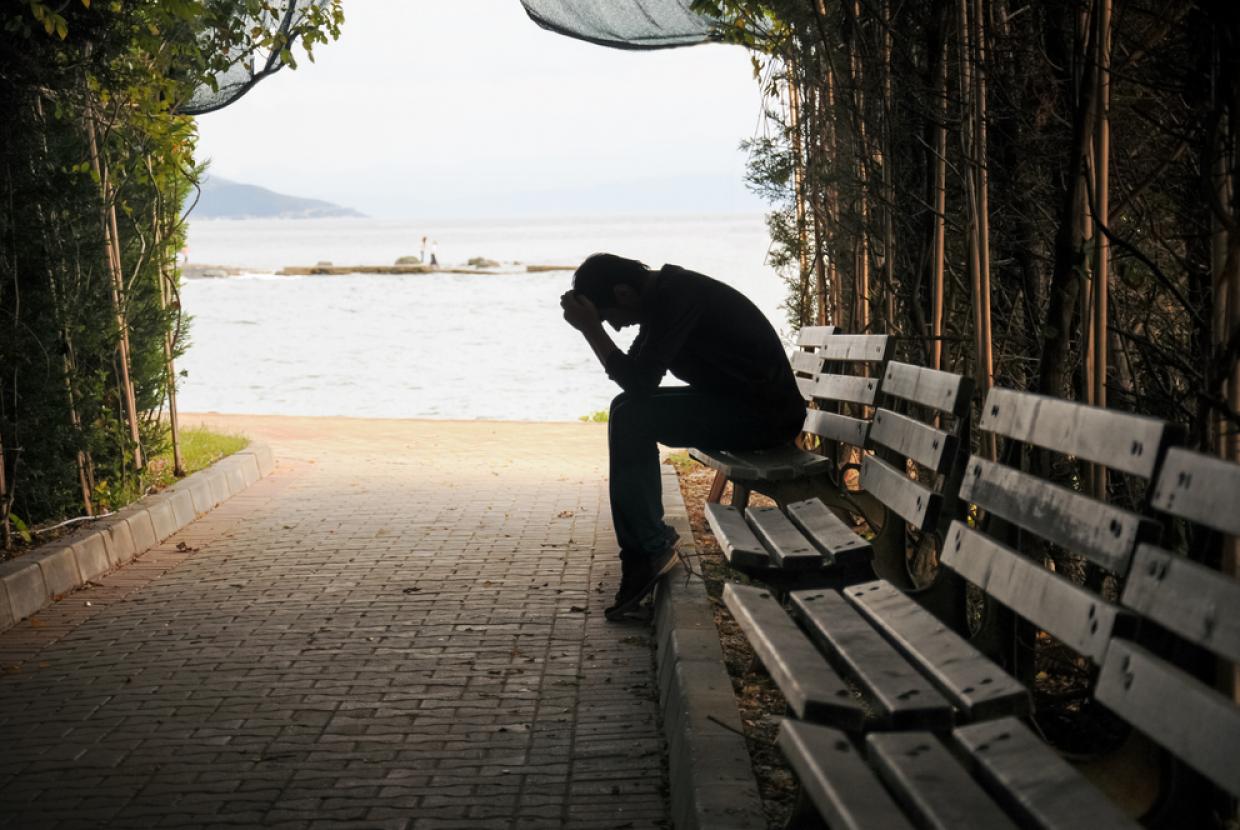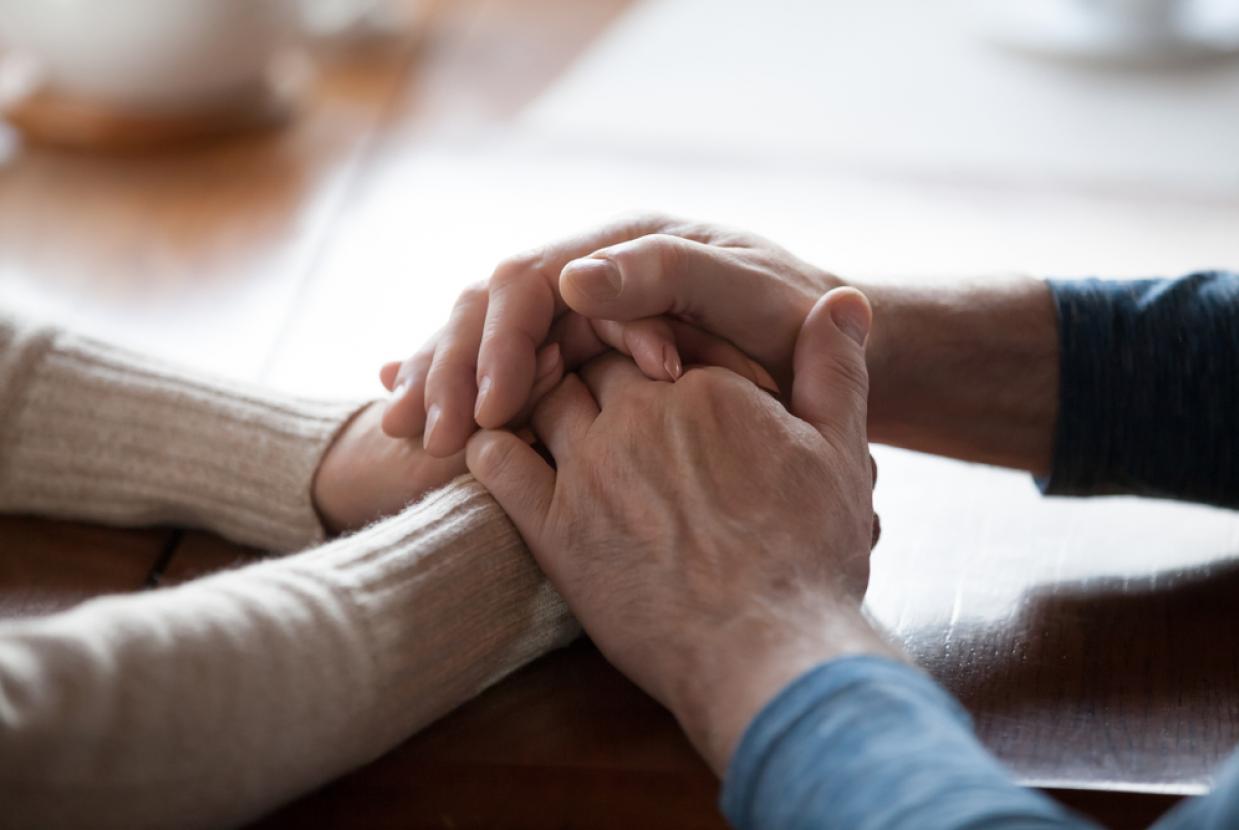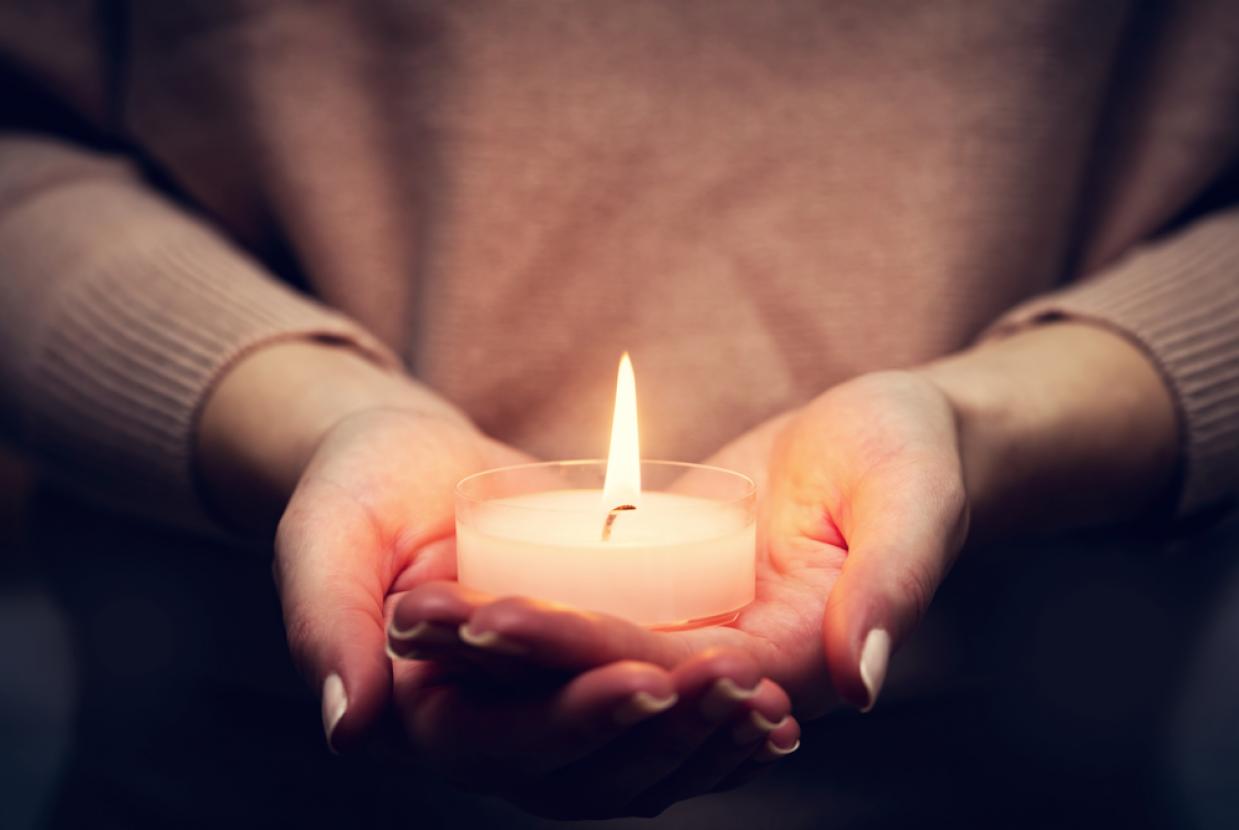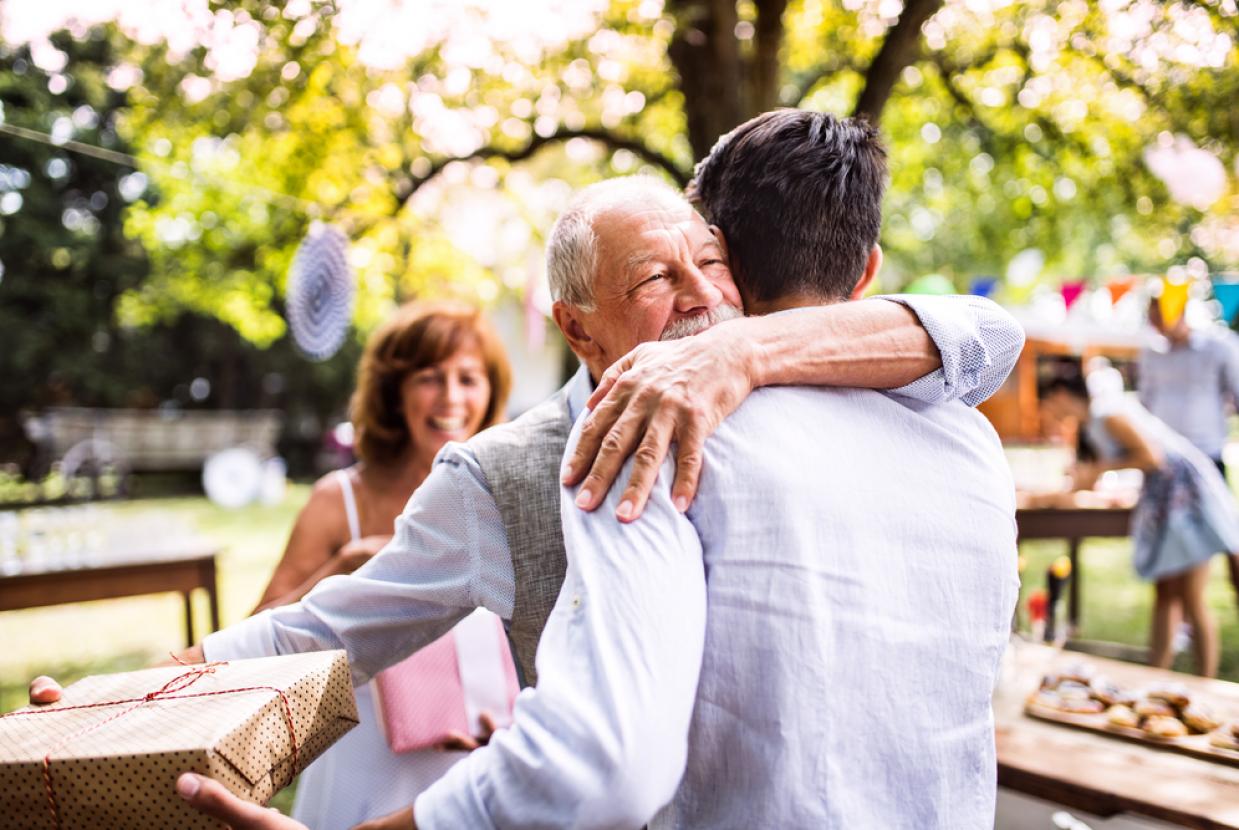Bereaved By Cancer
When someone dies from cancer it can be an incredibly traumatic experience.
Before someone dies of cancer
Sometimes a death from cancer comes very quickly, and sometimes a person’s illness will get worse over a long time. If this is the case, you might have been living in a heightened state of anxiety for several months. This can have a huge physical and emotional effect, both before and after the death.
Grieving before someone dies
When someone has a long-term illness, it’s common to feel grief before they die. This is called ‘anticipatory grief.’ You might feel anxious or overwhelmed at the idea of living without them.
Depending on the intensity of their illness, you might already feel as if you’ve lost a part of them. There may have been losses along the way as their role in your life changes and their personality changes too.
Caring for someone with cancer
Taking on extra caring responsibilities for those who are very ill or dying can be exhausting both mentally and physically. It is very difficult to see someone you care about in pain.
Isolation
You might feel isolated from your usual support network. You might find it difficult to connect with others who aren’t going through the same thing.
Feelings after someone dies of cancer
Trauma
Watching someone you know suffer for an extended period of time is traumatic. If the person died very quickly, the shock can also have a lasting effect on you.
Relief
It is normal to feel some relief that your friend, partner or relative is no longer suffering. It’s also natural to be relieved that the hard work of caring for them is over. These feelings are very common. Try not to feel guilty. These feelings most likely come from a place of care and from wanting their suffering to be over.
Loss of role
If you have been caring for someone, the change in your role after they die is an additional loss. It is very normal to alternate between some relief and feeling that you’ve lost some purpose and direction.
Supporting yourself
Find ways to remember them
Finding ways to remember the person who’s died helps to keep them as part of your life. This might mean keeping a few special possessions, creating a memory box or organising a time for family and friends to come together and remember.
Plan ahead on anniversaries
Birthdays, anniversaries and special days are often painful reminders of the person who died. It can help to think in advance about how you are going to manage.
Letter writing and journaling
If you’re feeling anxious or upset, journaling can help you organise your thoughts. Grief counsellors consider this a helpful technique to understand your feelings better.


